I would go out on a limb and say most of us are probably struggling with the state of the world right now. As Social Media Manager for constellations, I get to see current events play out through Instagram stories and tweets of no more than 208 characters. In between celebratory posts of new publications in our field, scholars also post videos of Gaza reduced to rubble—lives of mothers, children, entire families erased in a live-streamed genocide that continues into its 16th month. I see the powerful responses from academics who refuse to be complicit in injustice, and I see the harsh pushback in comments demanding they be fired or expelled for challenging domestic and colonial violence against our most vulnerable communities.
As campuses across the country rise up against the invasion of Gaza, I’m proud to see many in our corner of the internet supporting the right to peaceful protest and call for an end to apartheid and genocide in Palestine. In many cases, this support comes as a reaction to brutal crackdown on those fighting for change. In videos on Twitter and Instagram of Pitt’s solidarity encampment last summer, I watched my peers demand our university divest and disclose its investments from genocide. However, they were stomped on by plainclothes officers, bloodied by police batons, arrested, and charged for protesting on campus, with one student expelled for their advocacy.
Leading up to and following the presidential election, things have not looked much better. When I open our social media feeds meant to foster space for uplifting and amplifying impactful academic work, I’m bombarded with news of institutionalized hatred for people I love—immigrants, women, people of color, queer and trans folks. I try my best to maintain constellations’ peaceful, positive corner of the social media universe, but it feels like ages since the good news has outnumbered the bad. It’s no surprise we’re feeling lost, scared, and hopeless in the face of it all.
That last paragraph was bleak, and as much as the bad things require our attention and action, I would hate to leave you with the idea that hopelessness is the only answer. As a junior majoring in History, I think of this moment as one that inspires important questions: How did we get here, and what lessons can we learn from those who came before us to build a better future? My life as a Pitt student has offered me some answers.
As I walk to campus, the words of Audre Lorde stir me from a beautiful brick wall mural: “Without community, there is no liberation.” This is the one I always come back to when I feel overwhelmed by the amount of bad in the world. With the Trump administration coming out the gate swinging, it's important we remember to take care of our communities. The bad news might make us want to hunker down, hoping to dodge the worst of this administration’s fallout, but we have the power today and every day to make changes in our communities and live towards a future of justice. Local elections are a great way to make an impact in your own neighborhood and vote for candidates who are from and for your community. I know my local primary is coming up this May, and you can visit usa.gov to learn when the polls will open near you!
In one of the readings for my Global History of Anarchism course, writer and anarchist Emma Goldman reminds me that joy is resistance, that we should live our “beautiful ideal [...] in spite of the whole world” (Living My Life, 321-22). Her words remind me I’m not alone in falling into spirals of doom. One notification is enough to do it these days. But as the weather defrosts from the long winter, I’m enthralled and excited for spring, the sunshine later into the evenings, and time spent with friends and loved ones. These are the things that I live for and love, that I refuse to take for granted, and that I won’t let be taken by worry and dread.
Loving the people around you is a great act of community care, and there are even more ways you can look to your own neighborhood for hope and change. To take a page out of the anarchist playbook, you could join your local Buy Nothing group for mutual aid, or cook a hot meal for your local Food Not Bombs distro. Know how to change a car’s oil? Teach a class for your neighbors! Have a pile of clothes you’ve been meaning to take to Goodwill? Skip donating to a thrift store and take them to a local clothing swap! There are so many ways we can help the people around us, making our communities stronger, and ensuring everyone gets what they need.
These are some of my favorite ways to give back to my community, and knowing how much good can come from simple, everyday acts keeps me going. At the end of the day, I turn to bell hooks’ Appalachian Elegy—which I read for my seminar on the history of Appalachia—for reassurance “that justice may come, that it is never too late” (#48, 28). The struggle often seems eternal, the future uncertain, but I find comfort looking forward to the world we fight for in the streets, at the polls, and in our halls of learning one day—I hope—becoming reality. Every day, the news seems to show the steepening incline on our already uphill battle for justice, but I am grateful for a reminder of who and what I fight for.
Another solution to the negative news bombardment is to get off social media. I’m right there with you when I’m off the clock—as long as you give us a like and follow!—but in spite of the negativity, it has been inspiring to watch people use their platforms to speak up against hate and injustice. For one, I’ve been happy to see the mass migration of scholars from Twitter (the Musk-ified name need not be mentioned) to the open-source alternative Bluesky. We haven’t shut down our Twitter account because we don’t want to be impersonated by others, a practice that continues to soar as the Twitter staff continues to be gutted (not unlike our government staff). Our efforts are focused on Bluesky now, and seeing how quickly we have been able to build a community of scholars gives me hope. Meanwhile, I will continue fostering constellations’ social media safe-space, open to all and dedicated to the good we still manage to see in the world.
Article
Facilitating Stories of Immigration in Rural North Central Florida
by Laura Gonzales, Anwesha Chattopadhyay, Judy Colindres, Chandler Mordecai, Dinalo Chakma, Payal Nagpal, Felipe González-Silva, and Kaylee Lamb
“At a time when immigration rhetoric is consistently influenced by racist and xenophobic policies in Florida and beyond, activists in our community have been hosting events focused on immigrant inclusion. Building on other efforts to increase inclusion in our city, as members of the large public University of Florida, we organized the event described here to support our community.”
Book Review
A Call for Algorithmic Justice: A Review of Meredith Broussard’s More than a Glitch: Confronting Race, Gender, and Ability Bias in Tech
by Prakash Paudel
“Broussard’s cardinal concern in the monograph is about ‘more equitable technology’ and the fairness of its use. She interrogates absolutist and ableist perceptions that are prevalent in the tech universe.”
Book Review
Transformative Care as Pedagogy: A Review of Mimi Khúc’s Dear Elia: Letters from the Asian American Abyss
by Sidra Naveed Arshad
“Khúc urges her students and readers alike to acknowledge that their worth is inherent and thus they deserve a standard of living which responds to any concerns resulting from problematic systems that seek to exploit them.”
From the Vault
I’d like to shine a spotlight on this Conversation from Issue 4, “Community, Voice, Identity: The Principles of Cultural Rhetorics Pedagogies,” which I think perfectly ties together cultural rhetorics and community care. Ana Milena Ribero moderates, and Brandon M. Erby, Andrea Riley Mukavetz, and Kimberly Gail Wieser-Weryackwe discuss how they use cultural rhetorics pedagogy to challenge dominant structures in the field and uplift marginalized voices. The themes of story, community, relationships, and land, which are core to cultural rhetorics pedagogy, give us a few lessons to take home from the academy and into our own neighborhoods.
Community, Voice, Identity: The Principles of Cultural Rhetorics Pedagogies
by Ana Milena Ribero, Brandon M. Erby, Andrea Riley Mukavetz, and Kimberly Wieser
“In all my classes, I want students to see themselves in the materials I assign and to reflect on texts/stories that are not primarily for them but another community.”
Production Credits for Post
Written by Evelynn Pugh
Edited by Alexandra Hidalgo
Posted by Natalie Cohen


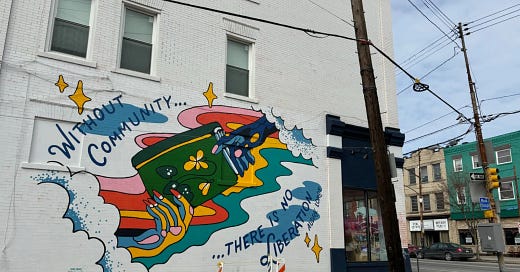




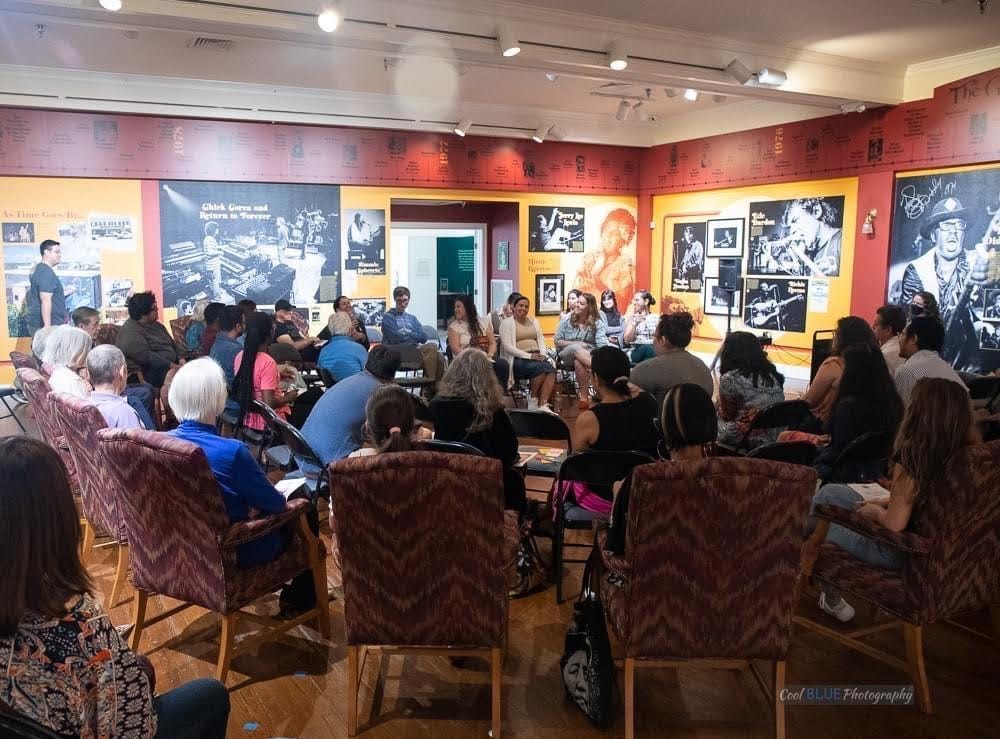
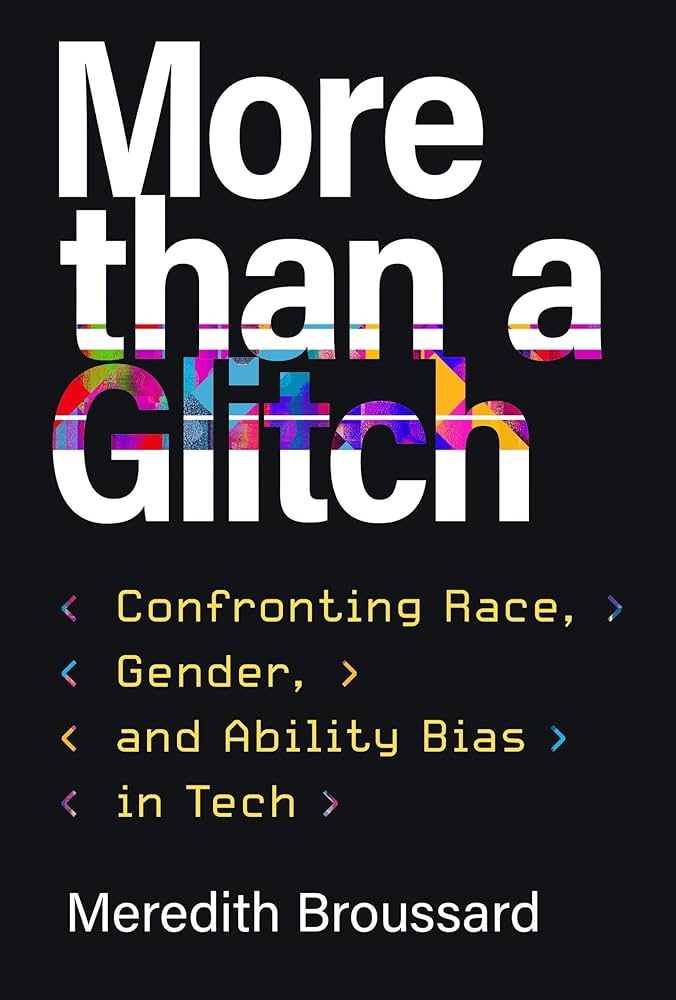
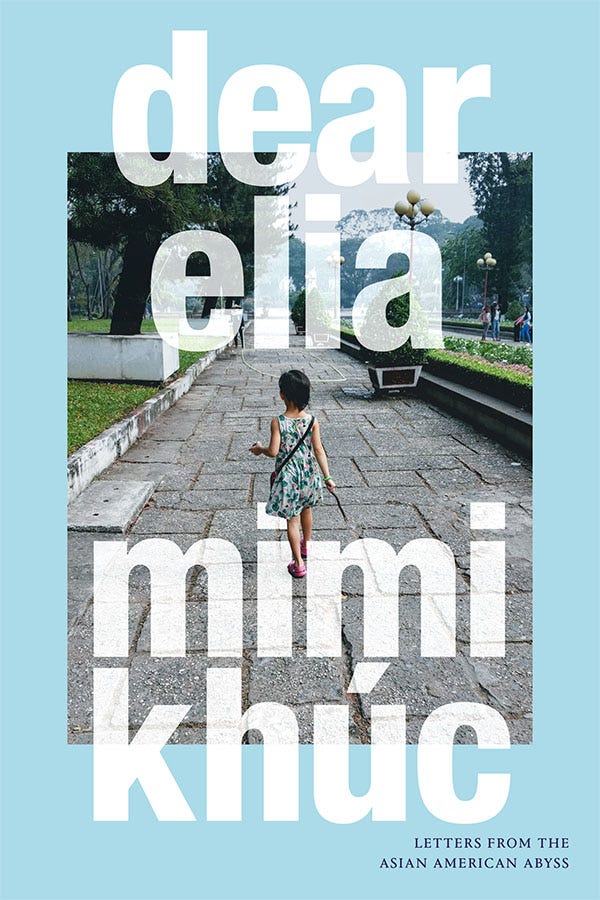
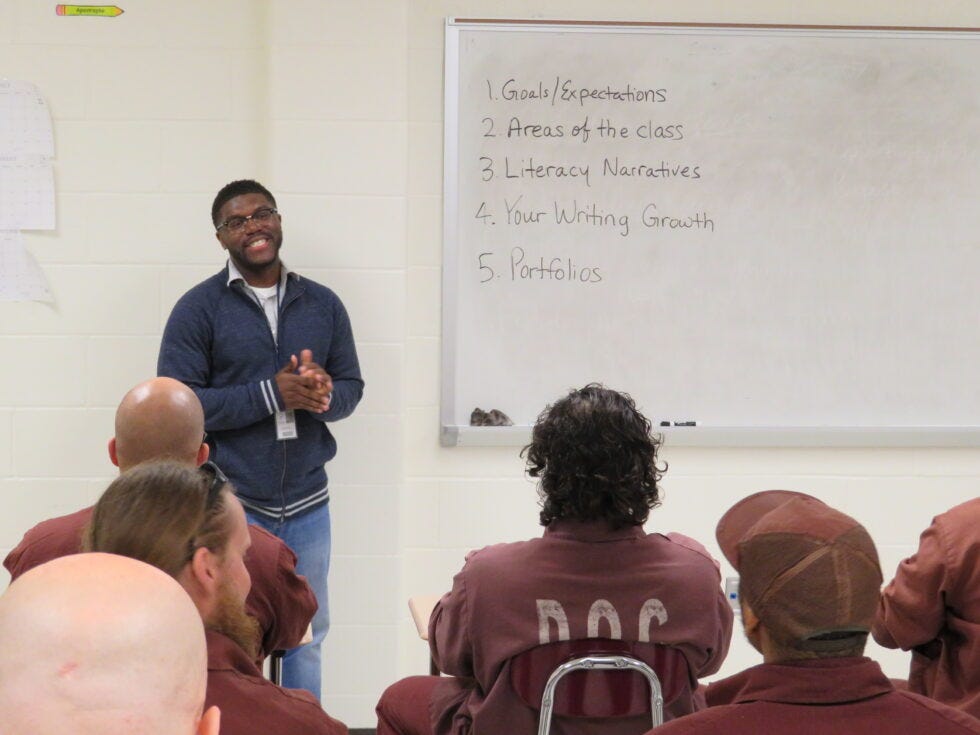

Love how you take these impossible times and make something inspiring out of them, Evie! Bravo, and thank you for gracing our social media with your talent and heart!